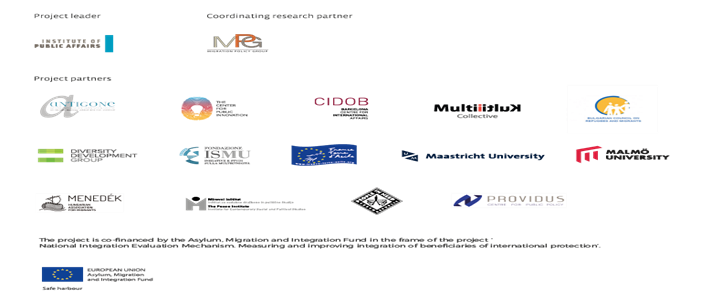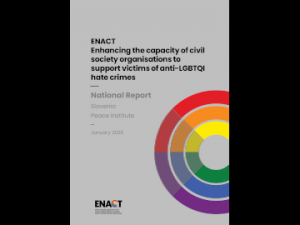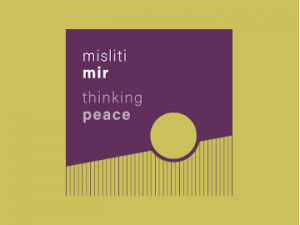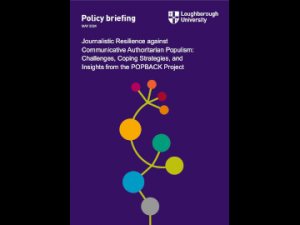Comparative Report on Refugee Integration

New comparative report reveals that countries welcoming the most Ukrainian refugees are the least prepared.
While the welcoming response to Ukrainian refugees marks a turning point in many EU member states’ openness to displaced persons, in particular for those neighbouring Ukraine, a recent comparative report reveals that many countries are poorly prepared in terms of their long-term refugee integration policy frameworks.
The report, published by the National Integration Evaluation Mechanism (NIEM)—which monitors and measures refugee integration policies in 14 EU Member States—highlights large gaps between countries and their policies in areas such as education, employment and housing (among others).
While some countries obtained high scores, such as Sweden (72.5 out of 100), others, including Hungary (32.8), Poland (36.9), Bulgaria (37.1) and Romania (38.5), find themselves at the other end of the spectrum. Slovenia obtained a score of 50,1 which is a rather bad result.
Of course, the temporary protection regime in place for people fleeing Ukraine has its own set of legal conditions for integration, but many indicators included in the research refer to the wider integration infrastructure in place and on whether governments pursue a comprehensive strategy for the inclusion of refugees.
“The report marks a stagnation—and in some cases even backsliding—of refugee integration policy frameworks in several EU member states over the past two years. Importantly, the report provides a roadmap to these countries, including those that are hosting large numbers of Ukrainian refugees, in terms of specific steps they can take to implement more inclusive policies that will better integrate new refugees into their societies.”—Alexander Wolffhardt, Deputy Director of the Migration Policy Group and co-author of the report.
The report also identifies a correlation between countries with more inclusive integration policies and the wellbeing of refugees during the COVID-19 pandemic, in addition to several other findings.
Summary of key findings of the report:
- Since the last NIEM comparative evaluation report two years ago, there has been little to no progress by the 14 countries analysed.
- As a matter of fact, many countries have even seen some backsliding, specifically in the areas of residency, housing and social security, although there has been slight progress in the areas of citizenship, collaboration, family reunification and language learning and social orientation.
- Compared to the legal provisions in place on residence and equal access, all countries do worse when it comes to active policies supporting integration, cross-sectoral coordination and government support for civil society and local authorities.
- During the COVID-19 pandemic, countries with more inclusive integration policy frameworks had more favourable outcomes in terms minimising the effects of COVID-19 upon refugees.
- Slovenia achieved the highest score (64.3) in the legislative framework, 58.2 in the policy area and only 24.3 in the implementation and cooperation framework. This points to existing differences between theory and practice.
Notes to the editors:
- The National Integration Evaluation Mechanism (NIEM) is the biggest civil society-led project the European Commission has funded under AMIF and the only transnational AMIF project on integration.
- Co-authors of the report at Alexander Wolffhardt, Carmine Conte and Sinem Yilmaz from the Migration Policy Group.
- For further information on country results for Slovenia, contact Peace Institute: ladic@mirovni-institut.si or 012347720.
- For further information about this latest NIEM comparative report, contact Richard Girling: comms@migpolgroup.com.





